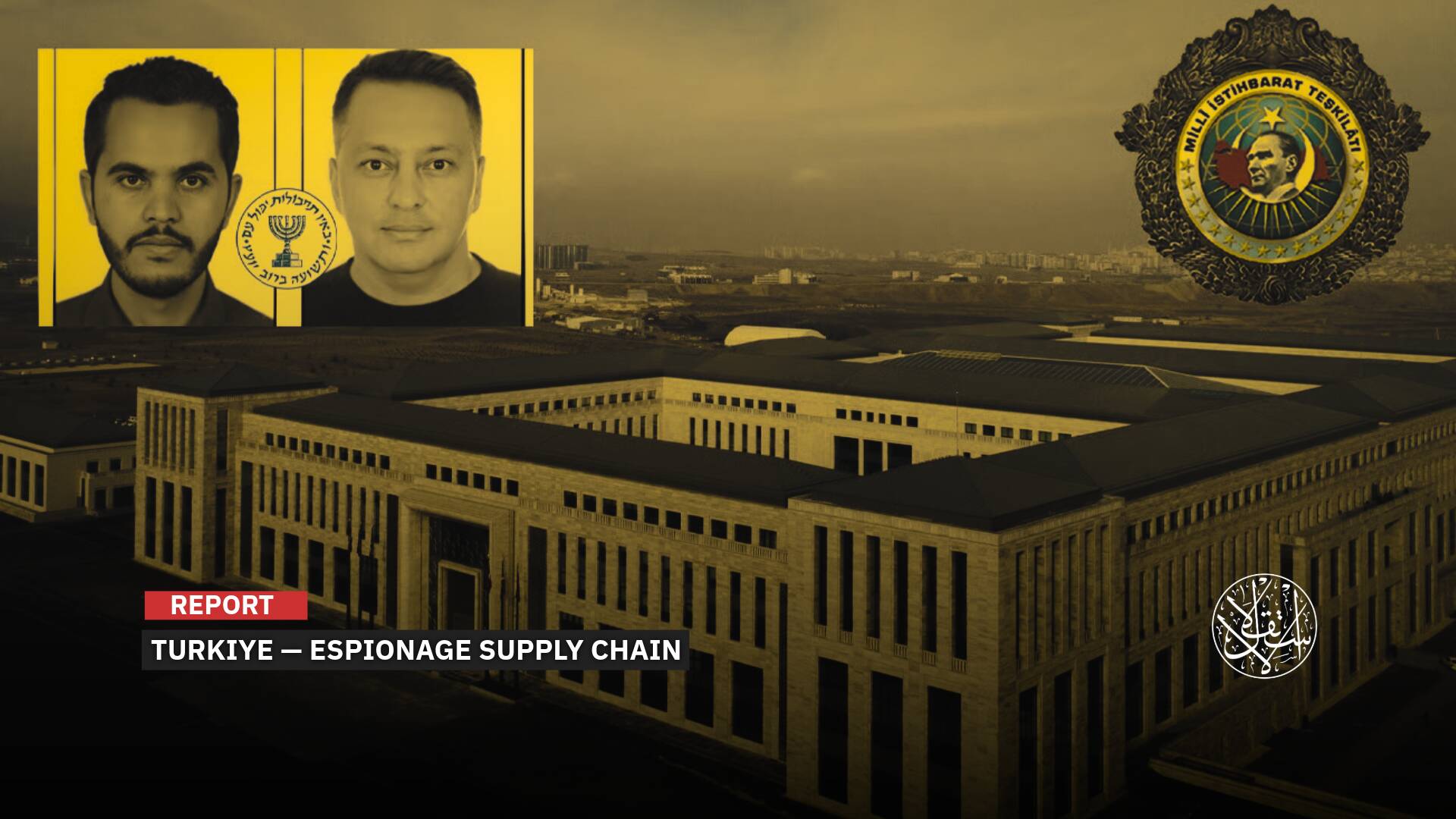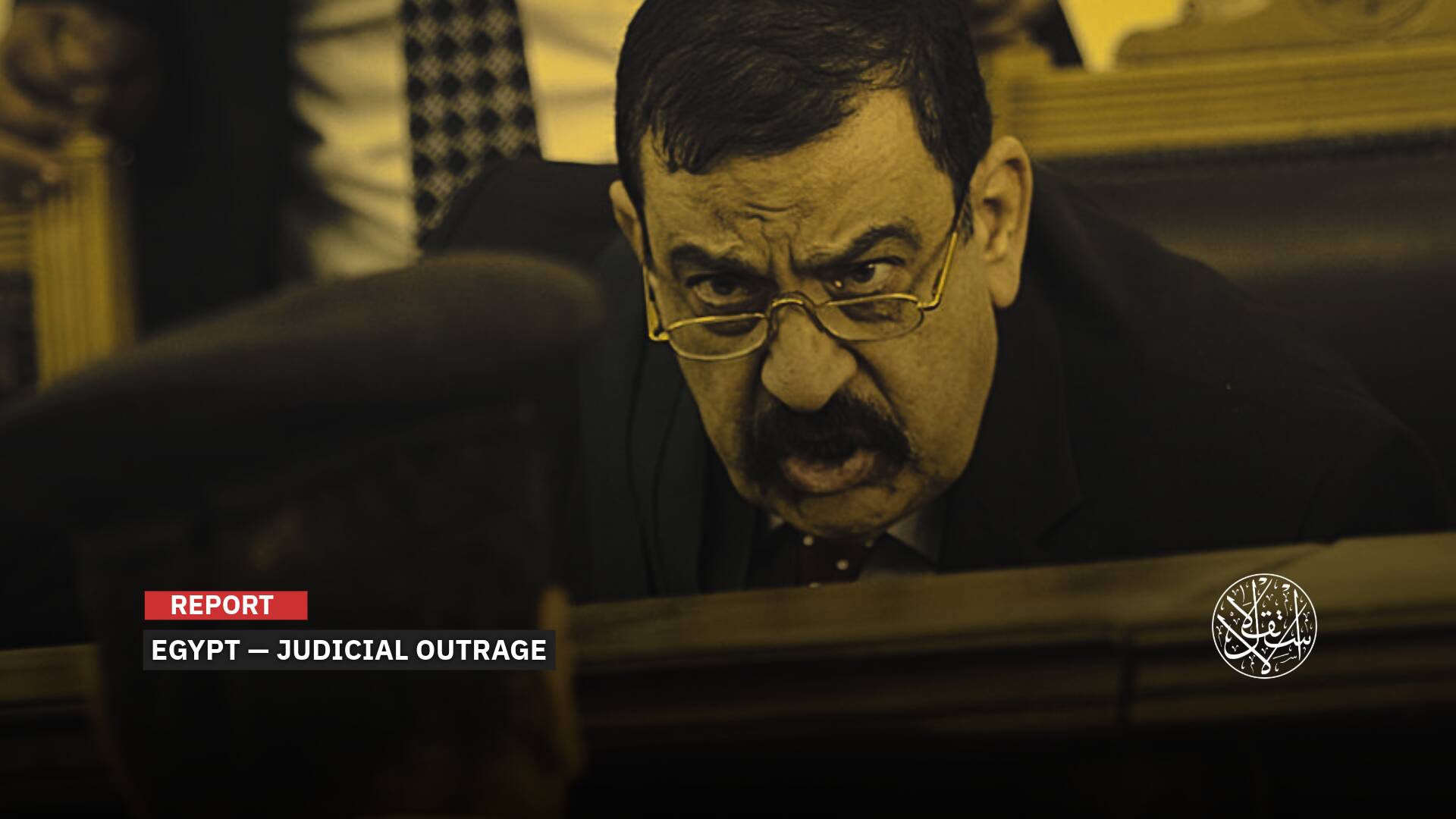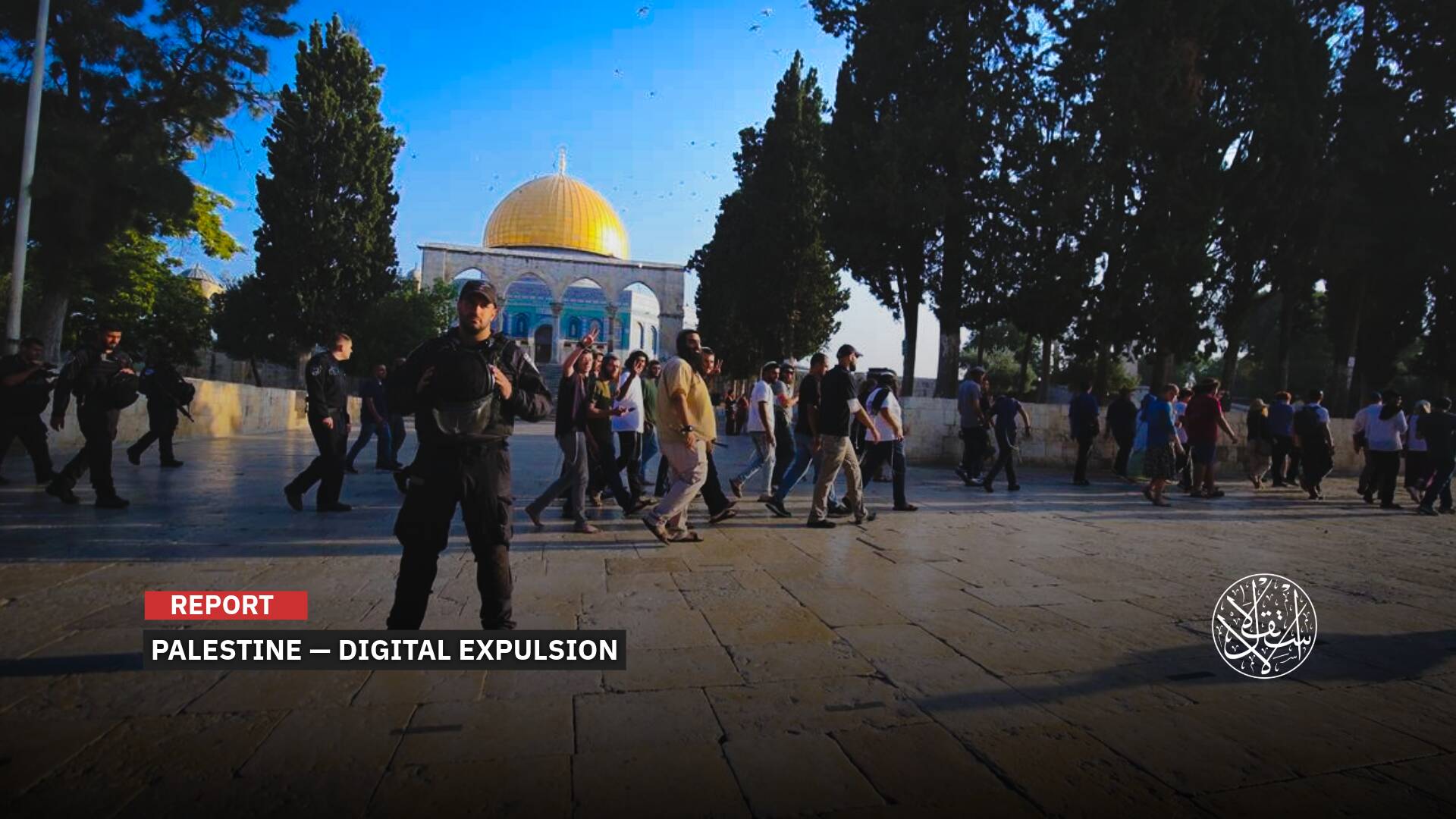Secrets of the Largest Expropriation and Displacement of Palestinians in Several Decades
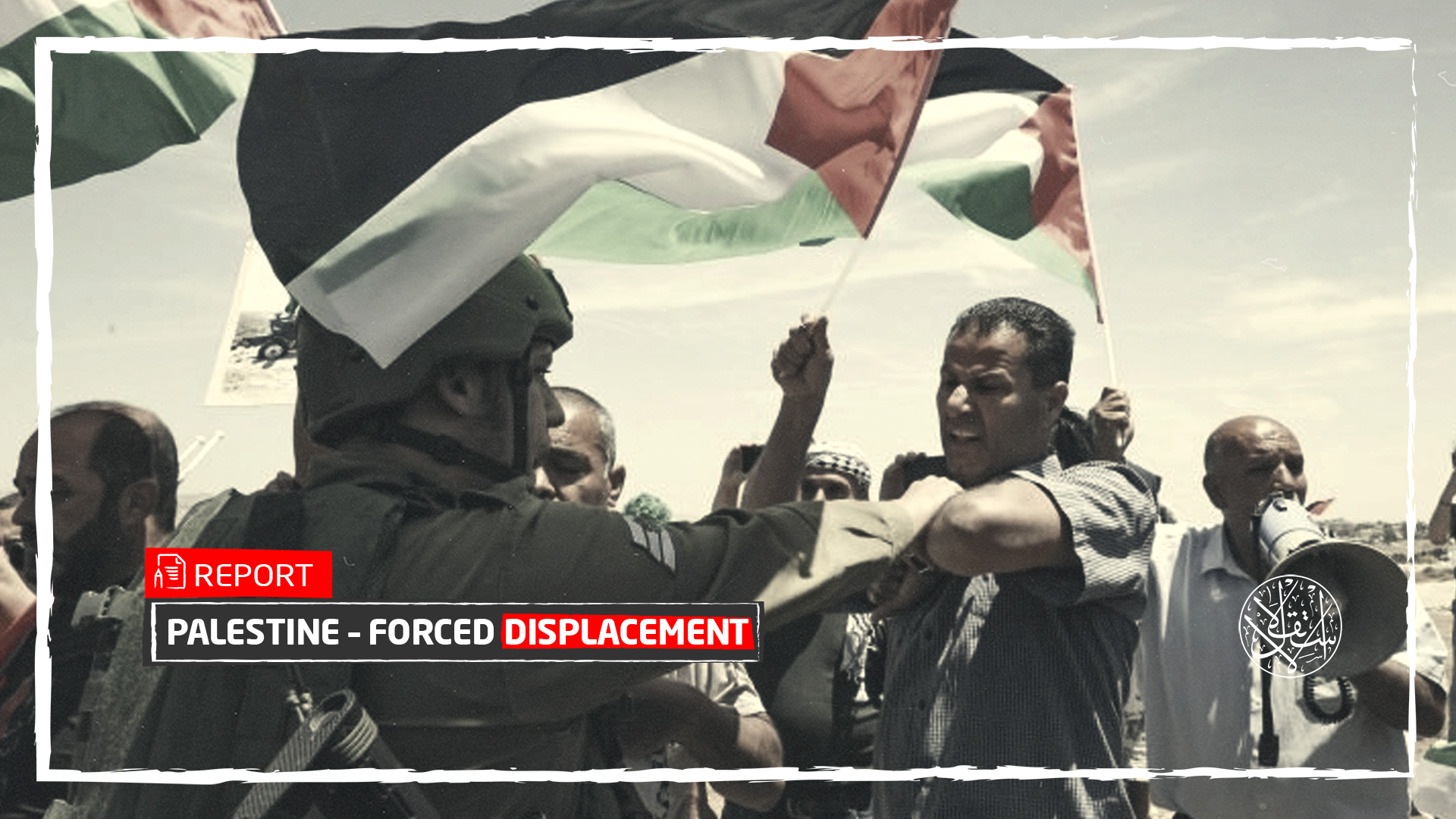
The Financial Times published a report revealing that residents of Palestinian villages who lost a 20-year legal battle to keep their homes face an uncertain future. The court decisions that sided with the Israeli army paved the way for the largest confiscation and displacement of Palestinians in several decades.
According to a report prepared by James Shotter from Masafer Yatta, Mohammed Ayub believes that Khirbet al-Fakhit is his home and place of residence. The Palestinian farmer spent 46 years there, making a living raising sheep, goats, and pigeons on the arid hills around him.
However, the Israeli army sees the Khirbet, located on the southern edge of the West Bank, as representing a different matter. It is part of the 918 firing range with an area of 300 hectares, which it wants to convert into a military training area.
In May, the military got what it wanted from the Supreme Court. In a decision issued on the eve of a public holiday, the army gave the green light to use the area, which includes eight other Palestinian villages, as a firing range and displace its 1,200 residents.
Activists and diplomats believe that the decision in favor of the army will be the largest evacuation of Palestinians in decades and shows the pressures that Palestinians have been exposed to since Israel's occupation of the West Bank.
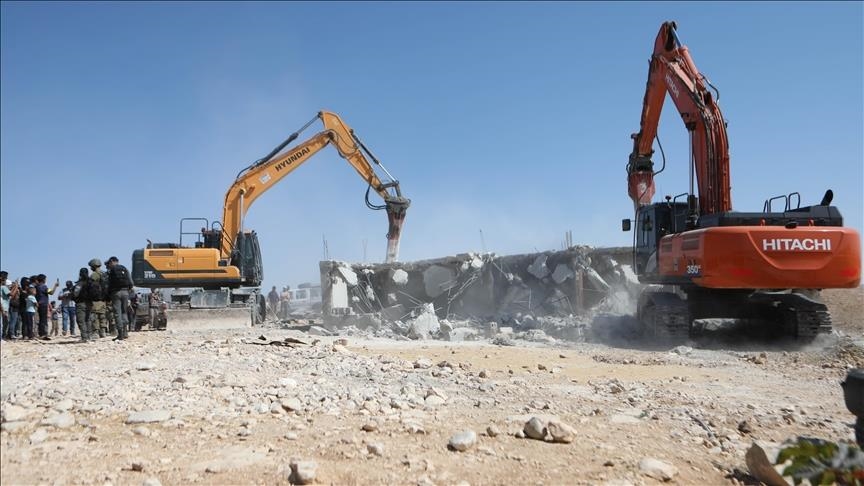
Uncertain Future
The United Nations and the European Union criticized the plans to displace Palestinians, leaving villagers like Ayub to face an uncertain future. "We are afraid all the time. We don't know what will happen if they expel us," the Palestinian man said. "Everything is subject to change."
The battle over the villages in the Masafer Yatta area, which is accessed by paths that meander between hills and rocks in the southern Hebron governorate, began in the eighties of the last century when the Israeli army decided to consider it a closed military zone.
According to the army, the process of classifying the area was carried out through "teamwork," "multiple operational considerations associated with it," and "the fact that the area was not inhabited at the time."
However, the inhabitants of the villages say that they have lived there for generations, some of them in caves dug in the hills, which gave comfort and protection from the harsh climate. Many of them adopted grazing as their main survival activity.
In 1999, "Israel" issued the first decision to evacuate 700 residents of Masafer Yatta. After an appeal, they were allowed to stay but were prevented from building new homes.
The past two decades turned into an unknown legal situation for the residents, as lawyers wrestled over the decision's legality, and the Israeli forces continued to demolish homes they said were built without a permit. Ayub was among those whose homes were demolished, first in January and again in May after it was rebuilt.
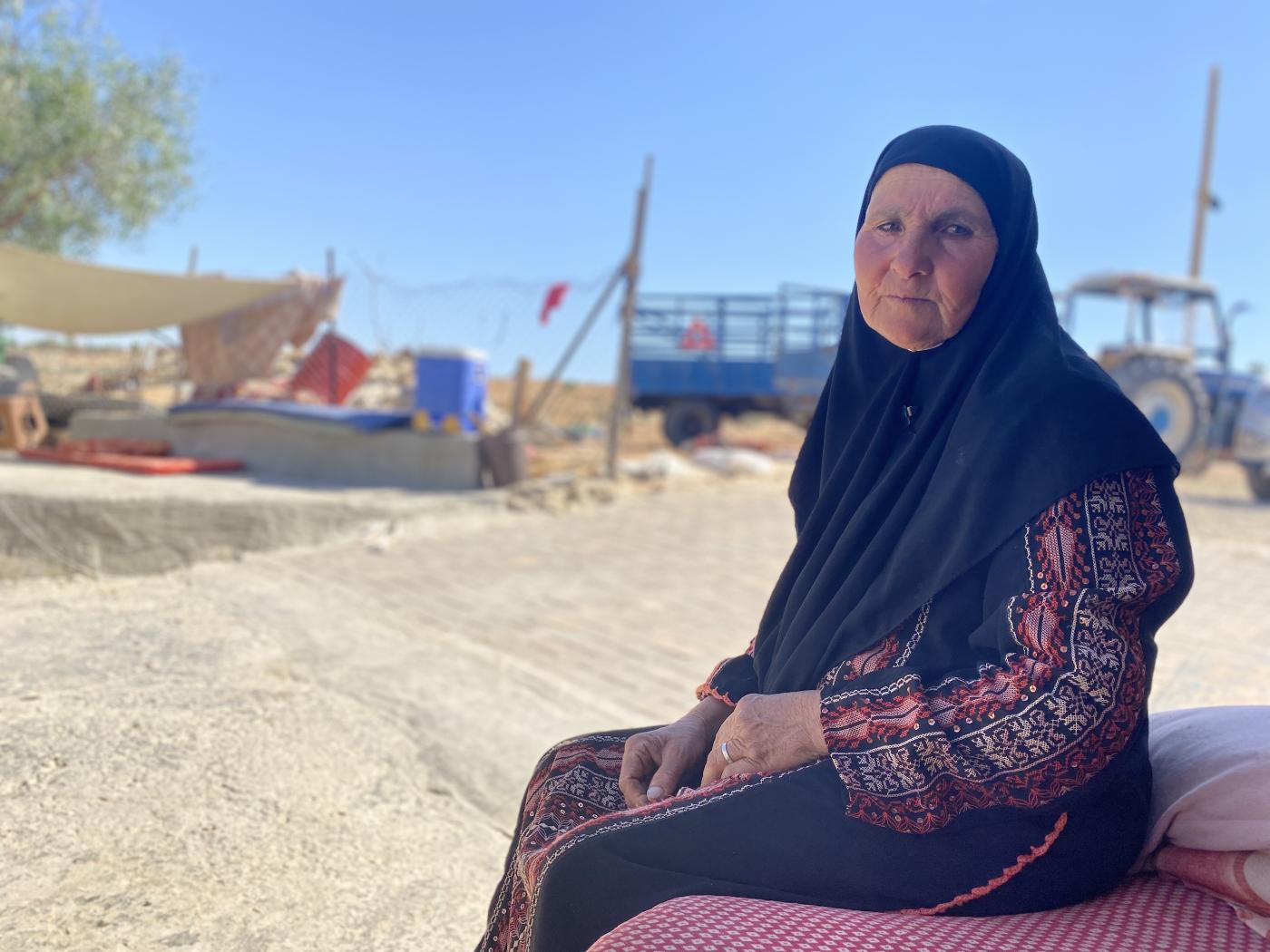
Demolishing Homes
After the recent demolition, Ayub thought of moving his wife and six children to the cave where he was born and lived until he was 29 years old. The demolition was one in a series of operations carried out by the army until the decision of the Supreme Court in May.
The court based its decision on the fact that the Palestinian residents of the villages failed to prove their ownership of the land designated for the firing range or that they had permanently lived in it before the army declared it a closed military zone.
The court said that the army has the right to consider it a closed area and to prevent entry to it without permission and that international law prohibiting forced displacement does not apply to this case. Lawyers representing residents of Masafer Yatta villages said the legal argument was a "mistake" and submitted a final petition to the court, preventing the implementation of the decision.
"This is occupied territory, and the military cannot use it for public purposes," such as training, said Ronnie Barkan of the Association for Civil Rights in Israel. He stressed that the villages of Masafer Yatta cannot be turned into a training ground for the army.
Residents believe the decision is an excuse. "It is clear that this is an excuse to make sure that there are no Palestinians in this area," said Nidal Ayoub Younes, head of the local council in Masafer Yatta.
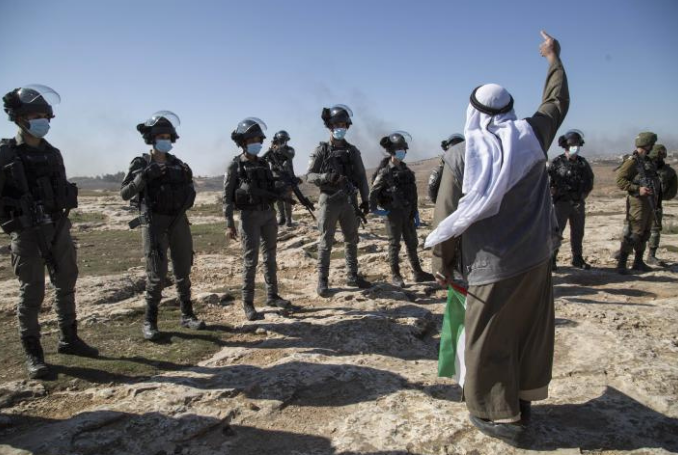
War Crime
During the legal battle, lawyers provided details of conversations at a 1981 meeting in which then-Agriculture Minister Ariel Sharon suggested allocating more land for IDF training in the southern hills of Hebron.
The decision aroused international attention. At the beginning of this month, diplomats from the European Union and other countries visited Masafer Yatta and met with residents and visited a house where army bullets appeared, which the residents said was the result of a maneuver carried out by Israeli soldiers.
The military said an initial examination did not reveal a relationship between the fire used in the military exercise and the damage to the building but promised to take safety precautions in the future.
Some residents of Masafer Yatta are hoping for an international move to prevent their evacuation, but Najdat al-Jabarin, from Kafr Janneh, is preparing for strong resistance. He said: "If [the Israelis] come for demolition, we will go to the cave until it is destroyed over our heads. This is the land of our grandparents and grandmothers, and we will not leave."
The United Nations warned that the forced eviction of Palestinians from the Masafer Yatta area in the southern West Bank might amount to forcible displacement, which is a grave violation of the Fourth Geneva Convention and therefore considered a war crime.
This came in a statement issued by the United Nations Office for the Coordination of Humanitarian Affairs (OCHA).
The statement explained that international humanitarian law imposes an absolute prohibition on the forcible transfer of civilians from or within the occupied Palestinian territory, and the Israeli authorities must put an end to all coercive measures, including planned evictions and demolitions and conduct military training in it.
It added that forcible evictions that lead to displacement, if enforced, amount to forced forcible deportation and a grave breach of the Fourth Geneva Convention, and therefore is a war crime.


